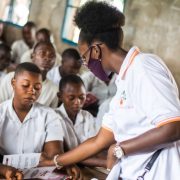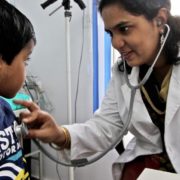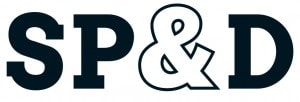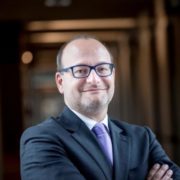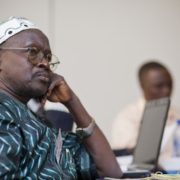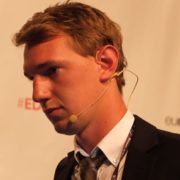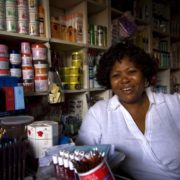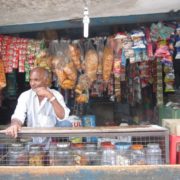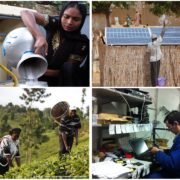Paroles d’alumni – In Burundi, AHEZA IWACU is bringing waste back to life
Aniella is a woman from Burundi capitalizing more than 13 years of experience in financial administrative management and business consultancy. In 2017, she randomly met few women late in the afternoon looking for leftovers on the street edges in Bujumbura down town, the Capital city of Burundi. « As a mother, I asked myself, what are these women for in the garbage bins at this time? It affected me because of the health implications but also the danger of such actions as they were with young kids and babiesaround ».
Discussions with them led her to found AHEZA IWACU, a social enterprise that works on waste management and recycling services in Bujumbura. « AHEZA IWACU » means « our beautiful homes », in the local dialect, and the goal is to create better homes or living spaces. The originality of such a project relies in the fact that it is one the few ones that mixes education and services on environnemental protection in the city.
The main objective of AHEZA IWACU is to provide adequate and professional waste disposal practices in the city but also create jobs for vulnerables women. There main activities are awareness campaigns and training which according to Aniella is « the best way to change practices and create awareness about environmental protection locally ». AHEZA IWACU does periodic waste collection for households, restaurants and offices. While gaining experience in her craft, Aniella goes ahead and creates connexion with small holder famers in sub-urbans areas that do not have access to land and nutritional food. They are provided with training on how to grow vegetables by using organic fertilizers.
As a start up, AHEZA IWACU has five employees who work permanently and temporary waste collectors depending on collection dates. Equipped with one truck, brand new composting machines and a lot of motivation help Aniella and her staff work on daily basis.
In 2020, the main challenge was certainly the delay in logistics (machines) from suppliers due to the Covid-19 pandemic ; « We ordered for some machinery and our suppliers were not able to deliver due to the sanitary situation, we had to adapt and find new options to have an impact » says Aniella. This situation lead them to engage in community development and sensitization projects during the pandemic in parternship with the localstakeholders..
Again, to adapt, a new project of plastic recycling unit is being put in place to support eco-friendly buildings in the country. Furthermore, they do not hesitate to raise personal funds, compete in acceleration programs and meet potentials investors.
Aniella insists on the complexity of succeeding as a female startup manager in a challenging ecosystem. However, her numerous participations in the empowerment programs have allowed her to join the Social and Inclusive Business Camp in 2020. A « refreshing experience » as she describes it. An opportunity to meet and discuss with many people in her field and create her own network (entrepreneurs working in recycling and waste disposal tech) through the mentorship program. Interacting and collaborating with other entrepreneurs reassures her on challenges and ways to go forward in her daily managerial decisions. The bootcamp and speed dating with investors prepared her on how to prepare a fundraising and convince partners and investors.
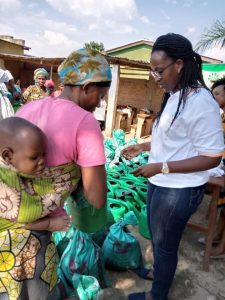
Aside the environmental impact AHEZA IWACU is carrying on, they keep building on their legacy with female leadership through capacity building for young female through transfer of knowledge and mentorship programs.
« This is our way to give back to society, we foresee a Burundi that bridges financial and wealth gap, but also institutionalizes female entrepreneurship. Investing in female entrepreneurship is the most effective way to improve gender equality and inclusive economic growth ».

